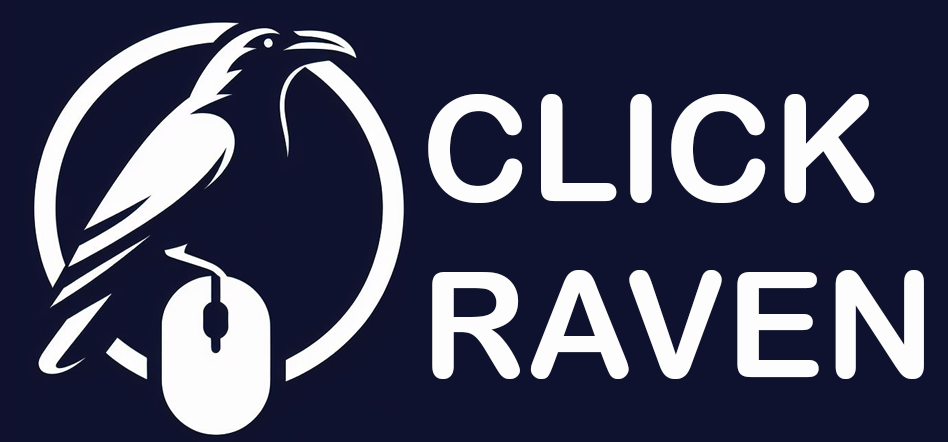If you’ve just started working on your website’s SEO and are wondering when you’ll start seeing results, you’re not alone. Almost every founder, blogger, or marketer has asked this same question: How long does SEO take to work?
And the frustrating answer?
It depends.
But that’s not helpful, right? So in this guide, I’ll walk you through exactly what’s going on behind the scenes, what affects how fast (or slow) you rank, and how to know if your SEO is on the right track. Think of this like a map—one that shows you where the slow curves, steep hills, and acceleration lanes are.
Let’s start at the beginning.
Why Does SEO Take So Long to Work?
Imagine planting a seed.
You water it, give it sunlight, and care for it daily. But the next day? It still looks like a pot of dirt. That’s SEO.
SEO works kind of like farming. You’re not buying results like you would with ads. You’re building authority, relevance, and trust with Google—over time.
Here’s why it takes a while:
- Google doesn’t instantly trust your website. Especially if it’s new, Google needs time to figure out who you are and if you’re a reliable source.
- There are millions of websites. If you’re writing about something lots of other websites are also covering (like “best laptops” or “how to lose weight”), you’re in a tough race.
- Google uses hundreds of factors to rank websites. Things like your content, your website’s speed, how many other websites link to you, and how easy your site is to read and navigate.
- Google needs time to find and understand your content. Even if you publish a great blog post, it can take days or weeks before Google fully crawls, indexes, and evaluates it.
So SEO isn’t just about writing and waiting. It’s about doing the right things consistently and patiently.
How to Get SEO Results Faster
Now, while SEO takes time, there are things you can do to speed things up a little bit. Think of these like adding fertilizer to your plant—it doesn’t make it grow in one day, but it helps.
1. Choose Easier Keywords to Compete For
Let’s say you’ve just opened a tiny coffee shop in a big city. If you try to compete with Starbucks on day one, you’ll get crushed. But if you focus on your local street or neighborhood—boom, now you have a chance.
That’s what low-competition and long-tail keywords are.
Instead of going for “digital marketing,” try something like “digital marketing for handmade soap businesses.”
Tools like Ahrefs, Semrush, or even Google’s autocomplete can help you find these gems.
2. Understand What the Searcher Really Wants (Search Intent)
Let’s say someone types “best running shoes.” Do they want a history of shoes? No—they want recommendations.
Google tries really hard to match what people mean when they search—not just the words they type.
So before you write, Google the keyword yourself and look at the top results:
- Are they listicles? (“Top 10 Running Shoes”)
- Are they reviews? (“Nike vs. Adidas”)
- Are they how-tos? (“How to choose running shoes”)
Match the type of content you create with what’s already ranking. That’s what Google thinks people want.
3. Fix the Hidden Tech Problems on Your Site
Even if your writing is great, your website needs to be technically sound.
Think of it like a beautiful house built on a weak foundation—it looks good, but it’s risky.
Technical SEO means:
- Making sure your pages load fast
- Making sure your site works well on mobile phones
- Fixing broken links
- Avoiding duplicate content
- Making sure search engines can find your pages (via sitemaps and clean code)
You can use tools like Google Search Console, Screaming Frog, or Sitebulb to find and fix problems.
4. Keep Publishing Great Content—and Clean Up the Bad Stuff
Content is your fuel.
You need to publish regularly, but more importantly—you need to publish helpful content. That means:
- Giving real answers
- Showing examples
- Keeping it updated
At the same time, go through your old posts. If something is thin, outdated, or useless—either fix it or delete it.
And if you have 3 articles saying the same thing? Combine them into one powerful guide and redirect the old ones.
5. Get Links—Internally and From Other Sites
Links are like votes.
If other good websites link to your content, Google sees you as trustworthy.
You can get these by:
- Guest posting
- Being featured in niche blogs or news sites
- Creating content that’s good enough to be cited naturally
Also, don’t forget to link between your own pages. It helps Google understand your site structure and keeps people exploring.
5 Things That Determine How Fast You’ll See Results
You can do everything right and still see slow results if these factors aren’t working in your favor:
1. Your Budget and Resources
If you’re doing everything yourself in your spare time, results will come slower. If you have a team creating content, fixing your site, and building links, things move faster.
2. Your Domain’s Age and History
Older websites that have built up a good reputation usually rank faster. New sites? They need to prove themselves.
If your domain has been penalized before (maybe someone used spammy tactics in the past), that can also slow you down.
3. How Search-Engine-Friendly Your Website Is
If your website has poor navigation, no clear structure, or messy code, Google has a hard time figuring it out. Clean things up:
- Use proper headings (H1, H2, etc.)
- Make sure your URLs are simple and descriptive
- Write good page titles and meta descriptions
4. How Fast Google Can Crawl and Index Your Site
Sometimes Google takes a long time to discover your pages. You can help by:
- Submitting new pages to Google Search Console
- Having a sitemap
- Avoiding pages blocked by robots.txt or “noindex” tags by mistake
5. The Competition in Your Industry
Trying to rank for fitness, health, finance, or tech? Expect slower results. These are ultra-competitive.
But if you’re targeting something specific like “SEO for landscaping companies in Phoenix,” you might see traction within weeks.
What a Real SEO Timeline Looks Like (Month by Month)
Let’s say you’ve just started your SEO campaign. Here’s what to expect in the first six months:
Month 1: Research and Audit
You begin by:
- Auditing your website
- Researching your keywords
- Looking at what your competitors are doing
- Making a game plan
Not much happens on the surface this month, but this research is your blueprint.
Month 2: Fixing and Preparing
You fix tech issues, set up Google tools, and maybe redesign a few parts of your site.
You’ll also start writing your first pieces of content.
But traffic? Still probably flat. That’s normal.
Month 3: Content Starts Rolling Out
Now the fun begins.
You start publishing helpful blog posts, improving service pages, and setting up internal links. If you’ve done outreach, maybe you get your first backlinks.
A few keywords might creep onto page 2 or 3 of search results.
Month 4: First Signs of Life
Now you start seeing actual growth.
- You get more impressions in Google Search Console
- A few posts show up on page 1 (usually for long-tail keywords)
- You might start getting a trickle of traffic
Keep going. This is where most people give up—but you’re just warming up.
Month 5: Acceleration
You’re in a groove now.
- Content is consistent
- You’re building links and getting mentions
- You’ve removed bad pages and improved your site structure
Traffic starts climbing. Maybe 300–1000 monthly visitors. Leads or sales might start trickling in.
Month 6: Compounding Growth
This is when it gets fun.
Your old posts are ranking higher. Your new posts get indexed faster. Your site starts earning trust.
If you’ve done things right, you might be seeing:
- 2–5x the traffic you had in month 3
- Consistent keyword wins
- Some page 1 rankings for higher-volume queries
So… When Will I Rank #1?
If you’re asking, “When will I be number one on Google?”—pause.
It’s not about ranking #1 for everything. It’s about building a steady stream of traffic that grows month after month.
Realistically:
- In a low-competition niche with great execution? You might see real results in 3–6 months.
- In a competitive niche? Expect 9–12 months before you hit serious traction.
But the cool part?
Once it works, it works on autopilot. No ads. No chasing trends. Just reliable, compounding organic traffic.
Final Thoughts
SEO is not a quick fix. It’s a long-term investment. But if you stick with it, the rewards are huge.
You’ll build trust, get traffic while you sleep, and eventually—rankings, leads, and authority will come to you.
So be patient. Keep learning. Keep publishing.
Your future self will thank you.

